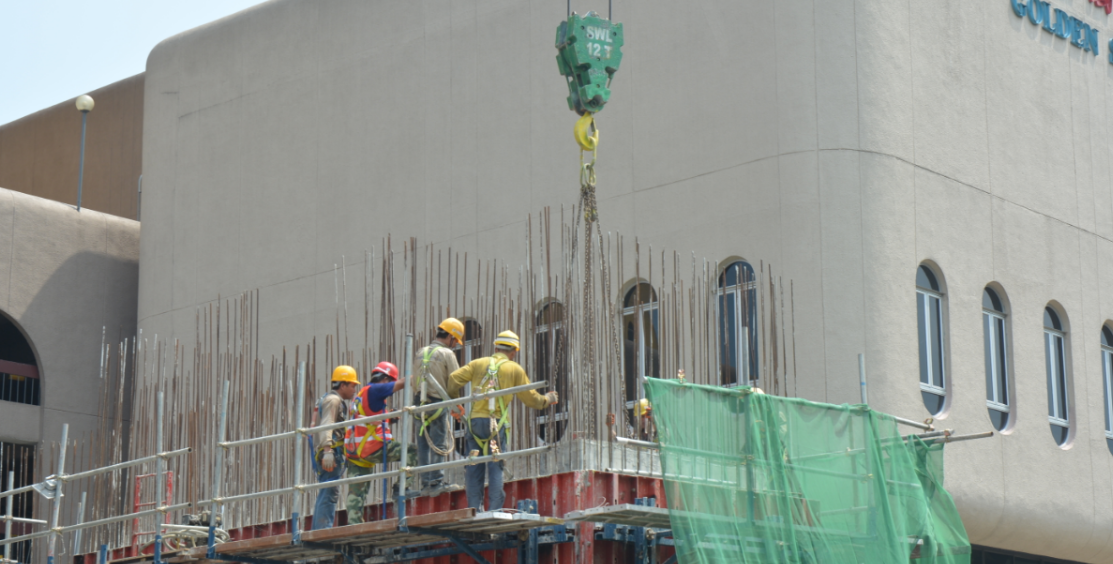The Government should urgently enforce regulatory business measures such as increasing the wages of middle- and low-income workers as well as reducing the rental rates for companies, said Singapore Democratic Party (SDP) chief Chee Soon Juan.
Noting that governments “across the world are taking bold steps to help their citizens” overcome their countries’ economic slump during the COVID-19 crisis, Dr Chee in a Facebook post on Tue (24 Mar) said that salary levels in Singapore should “commensurate with the cost of living in Singapore”.
At the same time, he argued that raising wages “will add a great burden for businesses” especially to small and medium enterprises (SMEs).
Thus, Dr Chee said that the Government should reduce rental rates for companies, “which it controls through government bodies like HDB, JTC, CapitaLand, Mapletree, and Surbana”.
“The Government is the biggest landlord and high rent is killing businesses especially SMEs,” he said.
Dr Chee also recommended suspending the implementation of the Goods and Services Tax (GST) until the end of the COVID-19 crisis, following which the rate should be slashed to five per cent.
“Increasing the GST to 9% (even if it is held off until 2022) is economic suicide. The move will only hurt spending and cause the economy to slump just when recovery needs to take place after the pandemic is over,” he opined.
The Government, said Dr Chee, should also consider return Central Provident Fund (CPF) monies to contributors at this point.
“A study found that the major portion of income of retirees come from their children. This is because their CPF funds are insufficient as they are retained by the government.
“With the anticipated deterioration of the economy, there will be more layoffs and pay cuts. Working couples will find it even more difficult to provide for their elderly parents and at the same time raise their children,” he said.
Additionally, the government should introduce a national retrenchment insurance scheme as layoffs are expected to increase during the crisis.
The proposed scheme, said Dr Chee, should pay out 75 per cent of a retrenched worker’s salary for the first six months, 50 per cent for the second six months and 25 for the final six months in the event that they are not able to be reemployed during the 18-month period.
A couple of netizens agreed with Dr Chee’s proposals, with one of them suggesting that the Government should “make it more expensive” for businesses in Singapore to employ foreign labour, given that foreign labour is known to be given lower pay than their local counterparts.


However, many netizens raised their concerns over Dr Chee’s suggestion to raise wages in particular at this point during the crisis, as many businesses are already struggling as a result of the effects of COVID-19 on the domestic and global economy.
Raising the wages of workers now, according to the netizens, may force businesses to “wind up”, or to resort to laying off more of their employees to stay afloat.







One netizen pointed out that raising the wages of workers at this point will “increase the cost of living”, which is already perceived by many Singaporeans as high.

Singapore topped The Economist‘s list of the world’s most expensive city — for expatriates — for the seventh consecutive year alongside Osaka and Hong Kong, based on the Economist Intelligence Unit’s (EIU) “Worldwide Cost of Living 2020” report released on 18 Mar.
The report however noted that the gap between Singapore and other cities has been narrowed.
New York and Osaka are the base cities for comparison, as Singapore was found to be 2 per cent more expensive than New York but equally expensive with Osaka in 2020.
Last year, in comparison, Singapore was 6 per cent more expensive than Osaka and 7 per cent more expensive than New York.
Simon Baptist, Global Chief Economist at the EIU, told The Business Times: “While there was upward pressure in Singapore this year because of rising electricity costs and the strong currency, this was offset by flat or cheaper prices for other goods, such as restaurant meals and supermarket staples.”








